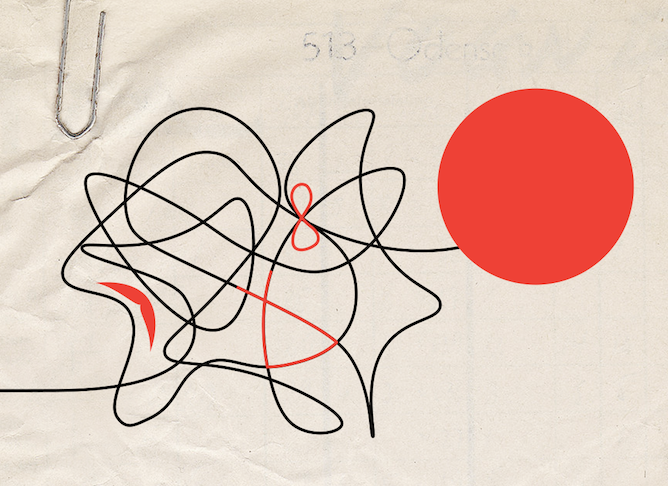An Antane-Kapesh’s second book is a cautionary tale of sorts for adult readers, both Indigenous and non-Indigenous. Through the eyes of a young boy (who was raised by his grandfather in the forest), she depicts a compelling tale of dispossession at the hands of the Whites whom she dubs the “Polichinelles” (from Punchinello, a buffoon character from the Commedia dell’arte). Upon the arrival of the colonizers, the young boy feels sorry for them, their clumsiness and lack of knowledge of the land, and offers to help them. Once they are settled, they return the favour by giving the boy what he is “lacking”: school, clothes, food and medication. The boy becomes lost in his ways and when he tries to return to the forest, he finds everything has been destroyed. By the end of the narrative however he berates the colonizers and lists how things will be from now on. This resonates with the author’s own realization that while the colonizers are here to stay, they will have to listen to what she and her people have to say. Resistance and independence are once again at the center of her narrative.
